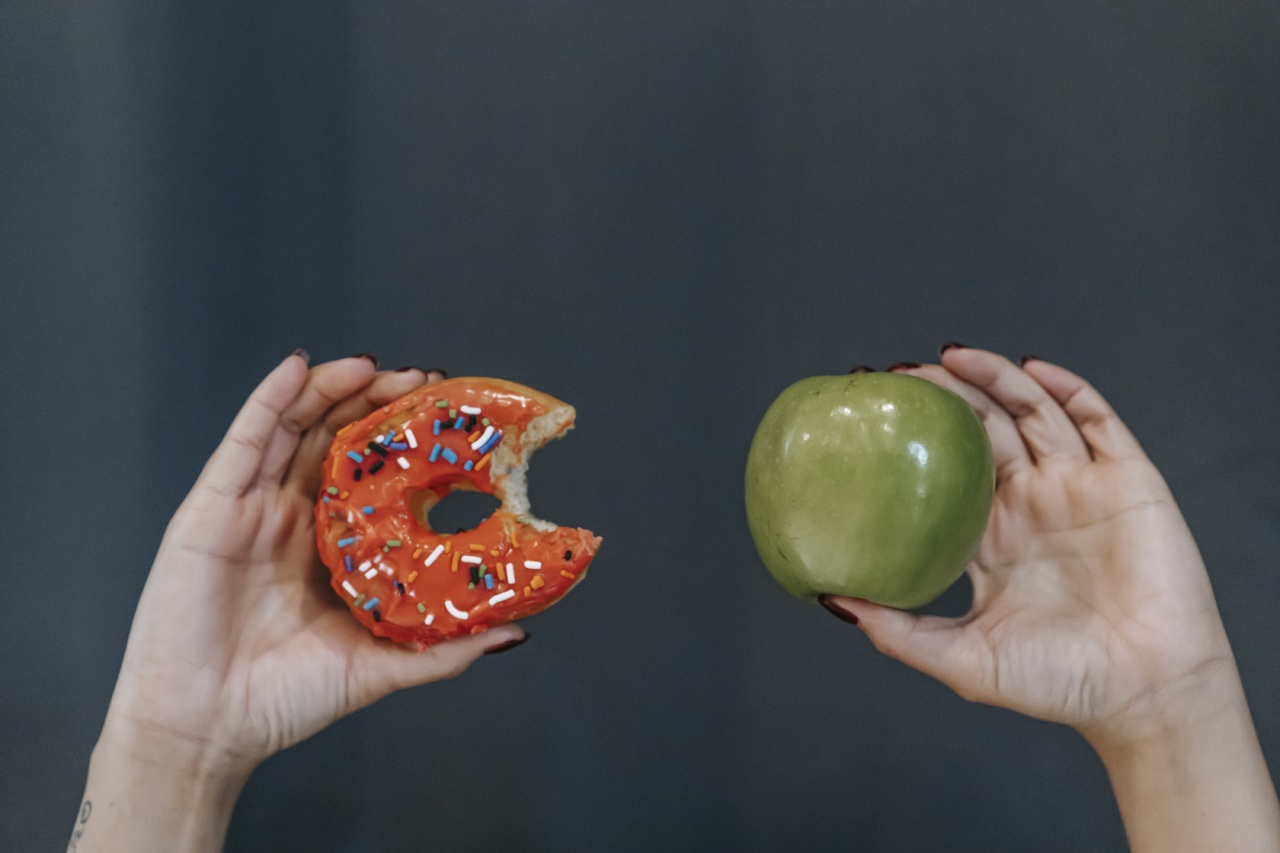When trying to conceive, it’s important to make sure your body is healthy and at its optimal state. Nutrition plays a vital role in fertility, as what you eat can affect your hormone levels, egg and sperm health, and even the chances of conception.
Here are some food choices to optimize fertility during conception.
1. Choose Whole Foods
When trying to conceive, it’s essential to choose whole foods since they’re loaded with nutrients essential for fertility.
Processed foods, on the other hand, are often high in sugar, unhealthy fats, and artificial additives, which can lead to inflammation, hormonal imbalances, and weight gain. Eating a diet rich in whole foods such as fruits, vegetables, whole grains, legumes, and lean protein sources can support overall health, increase fertility, and improve the chances of getting pregnant.
2. Incorporate Healthy Fats
Healthy fats, such as monounsaturated and polyunsaturated fats, are essential for reproductive health. These fats support the production of hormones and reduce inflammation, both of which are critical for fertility.
The best sources of healthy fats include avocado, nuts, seeds, olive oil, and fatty fish like salmon and mackerel.
3. Consume Antioxidants
Antioxidants can help protect your eggs and sperm from damage caused by free radicals.
To boost your antioxidant intake and improve fertility, include foods such as berries, leafy green vegetables, nuts, seeds, legumes, and brightly colored fruits and vegetables in your diet.
4. Add More Iron-rich Foods
Iron is crucial for fertility since it helps to transport oxygen to your cells, including your reproductive organs. A deficiency in iron can lead to irregular periods and even infertility.
Eating iron-rich foods such as red meat, poultry, fish, beans, nuts, and fortified cereals can support your body’s iron needs.
5. Choose Complex Carbs
Choosing complex carbohydrates, such as whole grains and legumes, is vital for fertility. These carbs provide your body with essential nutrients like fiber, B vitamins, and minerals that support reproductive health.
In contrast, refined carbs found in processed foods can lead to insulin resistance, inflammation, and hormonal imbalances that can negatively affect fertility.
6. Eat More Protein
Protein is essential for overall health, but it’s also crucial for fertility. Adequate protein intake supports ovulation and sperm production. Choose lean protein sources such as chicken, fish, beans, lentils, and tofu.
7. Include Zinc-rich Foods
Zinc is a mineral that supports ovulation and sperm production. Zinc deficiency has been linked to infertility. Foods rich in zinc include oysters, beef, chicken, beans, and nuts.
8. Limit Processed Foods
Highly processed foods like fast food, snacks, and desserts are high in sugar and unhealthy fats that can negatively affect fertility. These foods can also lead to weight gain and insulin resistance, which can impact reproductive health.
Limit your intake of these foods and instead focus on whole, nutritious foods.
9. Consider Probiotics
Probiotics are good bacteria that can support overall health and gut health. Gut health is thought to impact fertility since poor gut health can lead to inflammation and immune system dysfunction, which can lead to infertility problems.
Include foods high in probiotics, such as yogurt, kefir, sauerkraut, and kimchi, in your diet.
10. Stay Hydrated
Drinking enough water is important for overall health, but it’s also critical for fertility. Your cervical mucus is responsible for helping sperm reach the egg, and dehydration can lead to a reduction in cervical mucus production.
Drinking enough water can support your body’s natural lubrication and increase the chances of conception.
Conclusion
Nutrition plays a huge role in fertility.
Incorporating whole foods, healthy fats, antioxidants, iron, complex carbs, protein, zinc, and probiotics into your diet while limiting processed foods and staying hydrated can support overall health and improve your chances of conception. Talk to your healthcare provider for more specific recommendations to support your individual needs and goals.




























